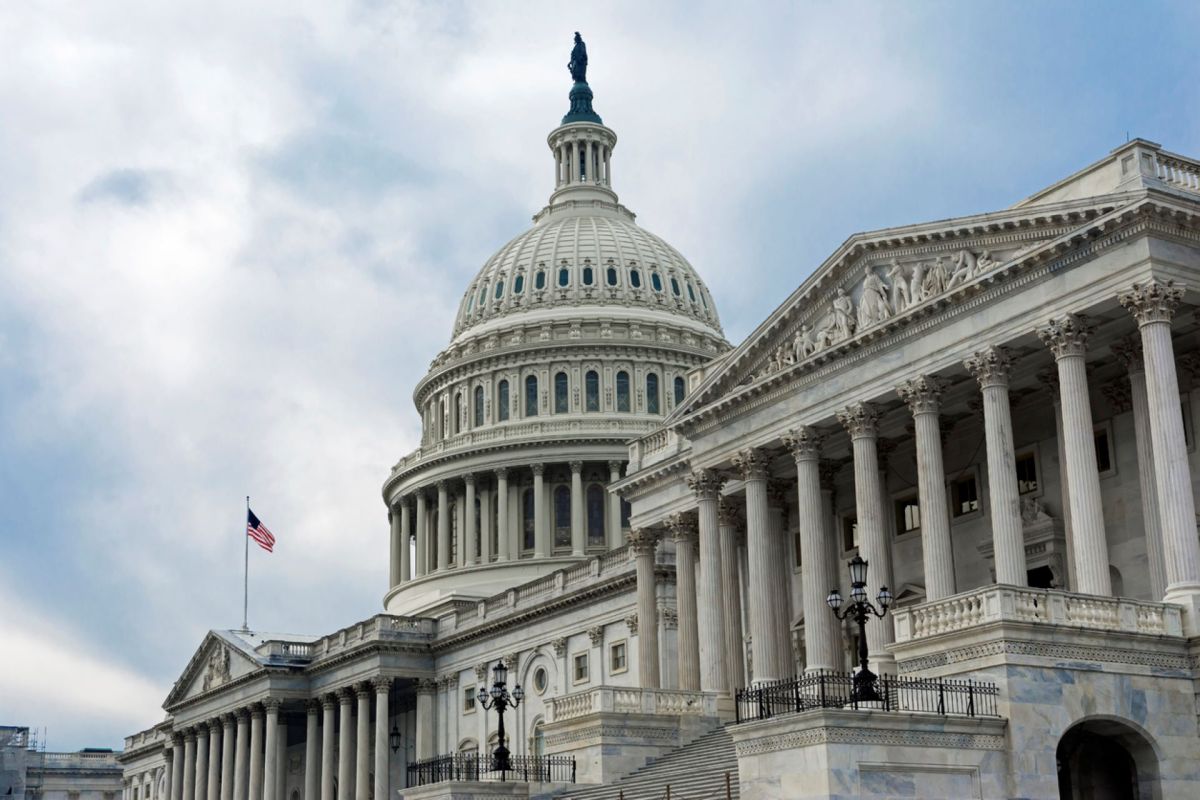A bipartisan group of senators is pushing for legislation that would limit the amount of "forever chemicals" contaminating us and our planet.
While compromise is rare in politics these days, this one seems like an easy win for public health.
It's important news because forever chemicals, also called PFAS, have been contaminating our world for decades as part of common household staples like Teflon. There are thousands of PFAS, and multiple government agencies are studying their impact on people. PFAs are called "forever" chemicals because they take an extremely long time to degrade.
One proposal would require all federal agencies to buy products free of certain forever chemicals. The measure extends regulations already applied to the Department of Defense, according to a Senate description of the bill. Another measure introduced in the Senate would ensure that veterans exposed to PFAS at military installations receive health care and disability benefits. Both bills are at the early committee level.
High-level exposure to certain types of forever chemicals may lead to increased cholesterol, problems during pregnancy, and cancer risks, the Centers for Disease Control and Prevention reports.
"This bill will set the federal government on a path to a PFAS-free future," Michigan Senator Gary Peters, a Democrat, said in a Senate report on the procurement proposal.
The measure would prevent government agencies from "procuring cookware, utensils, carpets, furniture, and other items" that contain certain PFAS. These products have long been a part of our daily lives, soaking into our very bones. Some government studies report PFAS to be in the blood of most (up to 97%) Americans, according to the CDC.
Plastic companies DuPont and 3M recently came under fire for allegedly withholding information about PFAS health risks. The news was detailed by Boston College's Annals of Global Health.
Peters's Republican colleague, Kansas Senator Jerry Moran, is among the bipartisan group championing the PFAS crackdown.
"This legislation is an important step to help protect our communities from harmful chemicals and to make certain our families and loved ones remain safe from dangerous toxins," Moran said in a Senate report from the Homeland Security Department.
After the committee level, the bills must pass the Senate and House and be signed by the president before becoming a law. You can track the progress at Congress.gov.
Join our free newsletter for cool news and actionable info that makes it easy to help yourself while helping the planet.









